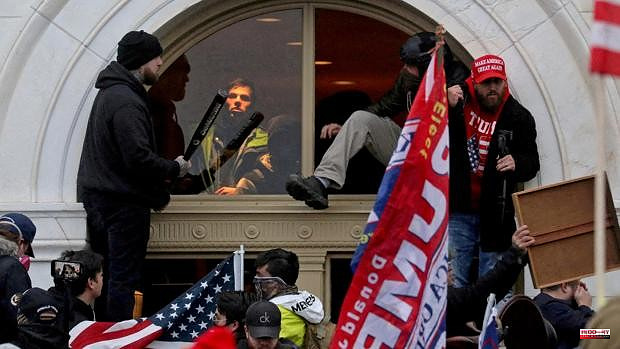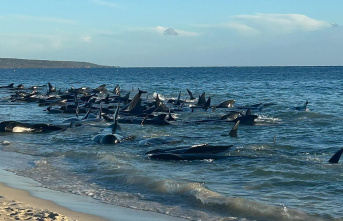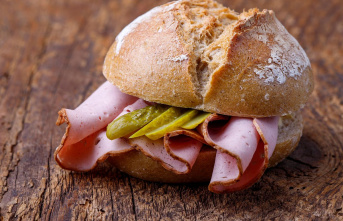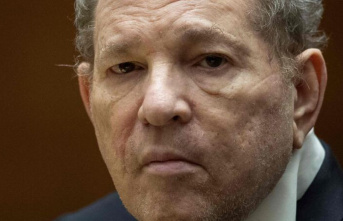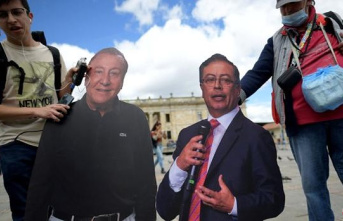This year's primary season in the US, in which parties choose their candidates for this fall's congressional and state elections, is the first opportunity to take the temperature of Donald Trump's real power over the party. republican.
The convulsive end to the Trump presidency - with his attempt to reverse the 2020 election results, his allegations of 'theft' without evidence, and the tragic and embarrassing assault on Capitol Hill on January 6 last year by a mob of his followers - still marks the Republicans and is the key factor for the New York billionaire - the party's most popular figure - to grant or not his disputed support to one or another candidate.
So far, most of the candidates Trump supports have prevailed in their primaries, although the former president has also had some decisive tumble, such as in Georgia, one of the decisive states in his defeat.
Tuesday night's primaries -- in states of relative weight: South Carolina, North Dakota, Maine and Nevada -- would have gone virtually unnoticed in any election cycle. But Republican voters went to the polls in an appointment sandwiched between the explosive appearances of the House of Representatives committee investigating the assault on Capitol Hill and what its members define as an "attempted coup" and for which they hold Trump responsible.
Last Thursday, in prime time and with live news channels, and this Monday, Americans were able to hear explosive revelations about the lies about the fraud that Trump has made his political flag and the role of the former president in an attempt to subvert the constitutional order and the peaceful transfer of power.
Voters cast their votes two days before the next appearance, scheduled for today, which will focus on pressure on former Trump vice president Mike Pence, a representative of traditional conservatism, to avoid Trump's certification as president. "He deserves it," was Trump's reaction as protesters shouted "Pence, hang!" outside the Capitol, according to Rep. Liz Cheney, who along with Adam Kinzinger are the only Republicans on the committee.
In South Carolina, Congressman Tom Rice was soundly defeated by the Trump-backed candidate, Russell Fry. Rice was one of the ten Republicans who dared to vote in favor of impeachment against the then president for his role in the assault on Capitol Hill. In the face of the majority of Republicans, who in the first hours of that shameful day condemned Trump, Rice has not backed down. In a recent interview with The Washington Post, he called Trump a "wannabe tyrant."
The former president has set out to take revenge against those ten rogue Republicans of the 'trumpism' that dominates the party and he is achieving it: four of them -like the case of Kinzinger- have chosen not to seek re-election; of the remaining six, Rice has already lost, David Valadao (of California) is still awaiting the recount of last week's primaries, and others like Cheney herself have a very difficult victory.
In Nevada, another of those key states in the elections, Trump's candidates swept the primaries, among others, for the positions of senator and governor. Also for Secretary of State, in which Jim Marchant won, a candidate who defended electoral 'theft' and that Trump had won in Nevada (he did not). He also sought to overturn the results of the polls with his participation in the attempt to send "alternative electors" - the delegates from each state who elect the president - to Washington. If he wins in the fall and becomes secretary of state, he will oversee elections in his state in 2024.

